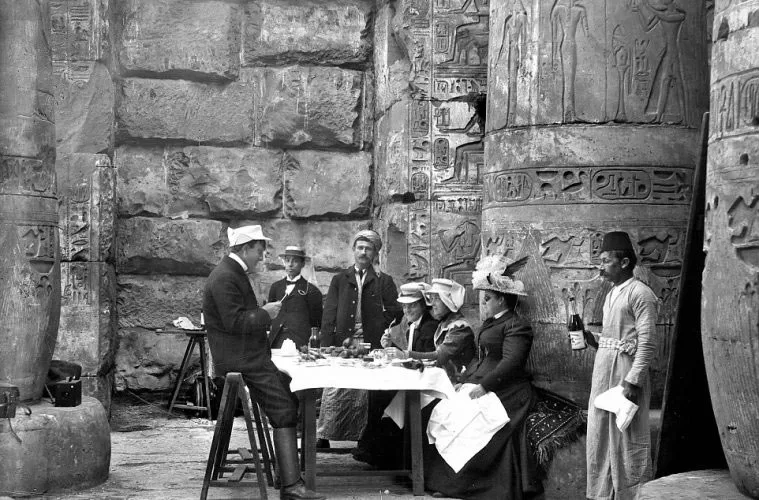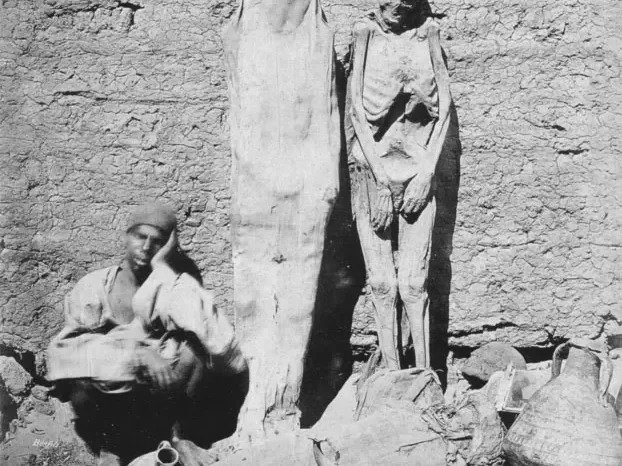a curious and somewhat macabre chapter in medical history. This practice, was primarily prevalent during the Renaissance and extending into the 18th century. This practice was rooted in the European fascination with ancient Egypt and the belief in the medicinal properties of mummies.
Origins of the Practice
The consumption of ground mummies began in the 12th century but gained significant popularity during the Renaissance. This period marked a revival in the study of ancient texts, including those related to medicine. Ancient Egyptian mummies, revered for their preservation, were mistakenly believed to possess mystical healing properties.
The Medicinal Beliefs
European doctors and apothecaries of the time advocated the use of mummia, a substance derived from ground-up mummies. Using mummia for a variety of ailments. They believed it could cure everything from headaches to stomach disorders. This belief was partly influenced by the writings of ancient Greek and Roman physicians, who themselves had misconceptions about the embalming practices of the Egyptians.
The Trade in Mummies
As demand grew, a trade in Egyptian mummies developed. Many mummies were excavated and exported specifically for medicinal use. However, due to the high demand, fraud became common. Some traders sold the remains of contemporary Egyptians, or even animal remains, as authentic ancient mummies.

The Decline of the Practice
By the 18th century, the practice began to decline. This change was partly due to a growing skepticism about the medicinal value of mummies and an increased scientific understanding of medicine and human anatomy. Additionally, the supply of genuine mummies dwindled, making it difficult to continue the practice.
The Legacy
The consumption of mummies is an example of how cultural fascination, combined with a lack of scientific understanding, can lead to bizarre practices in medical history. Today, it serves as a reminder of the evolving nature of medical knowledge and the importance of scientific skepticism.
In summary, the European practice of consuming ground Egyptian mummies was a product of its time, reflecting the medical theories and cultural fascinations of the era. It stands as a peculiar footnote in the history of medicine, illustrating the intersection of myth, commerce, and science in the quest for healing.







